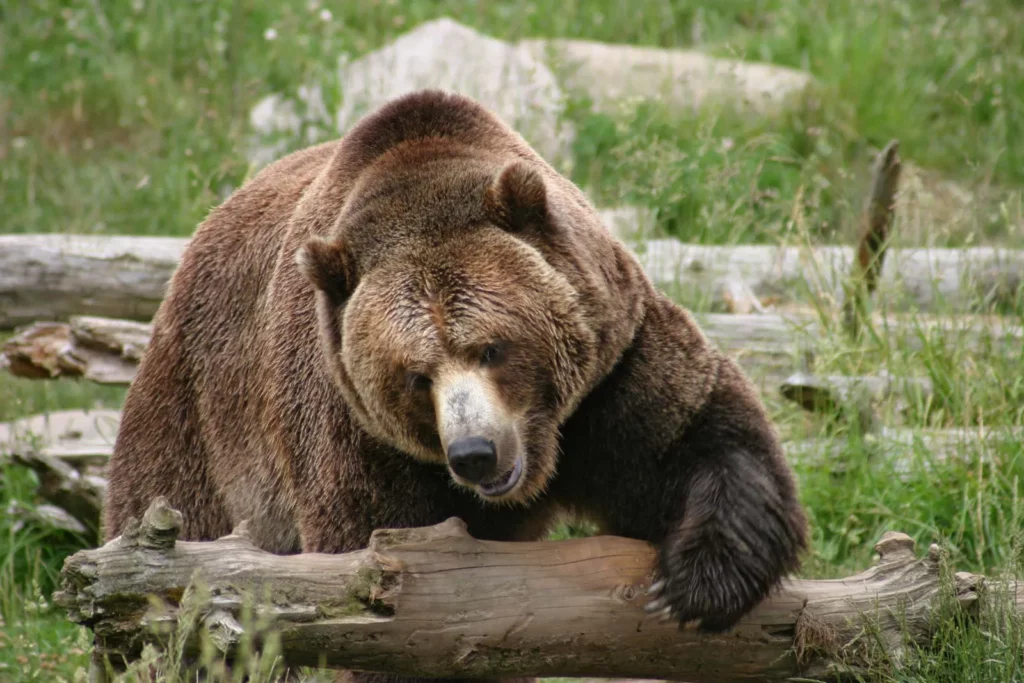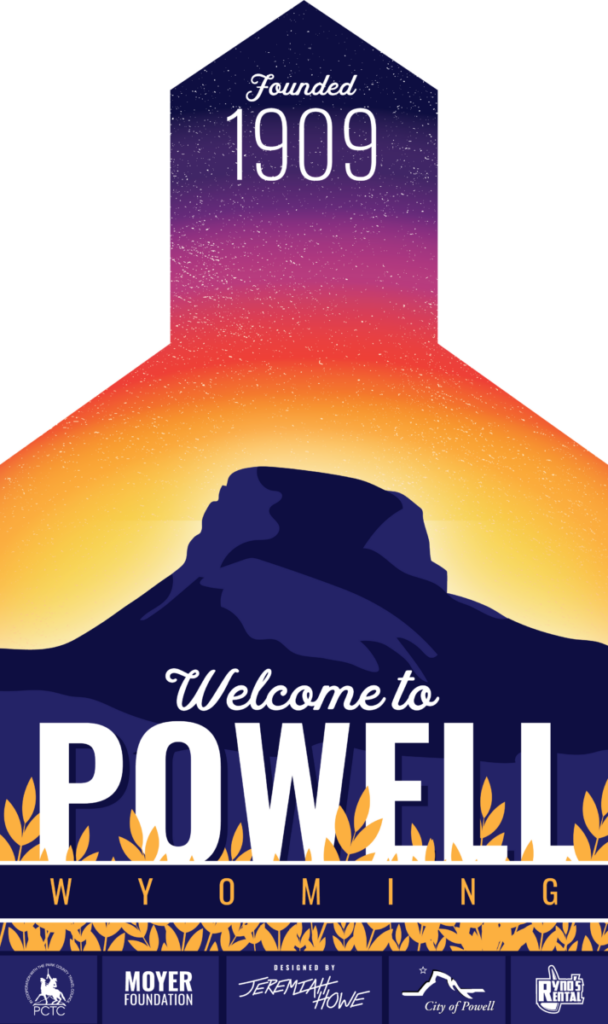Top 10 Things To Know About Visiting Yellowstone National Park During The 2024 Summer Season
Written by Mac Watson on May 30, 2024
If you plan to travel to Yellowstone National Park this summer, plan ahead to protect yourself and this wild and awe-inspiring place. Within the park’s 2.2 million acres, visitors have unparalleled opportunities to observe wildlife in an intact ecosystem, explore geothermal areas that contain half the world’s active geysers and view geologic wonders like the Grand Canyon of the Yellowstone River.
Follow the top 10 things to know to enjoy your visit and protect the park for generations to come:
1. No Vehicle Reservations Required
Vehicle reservations are not required to enter the park – just a park entrance pass. Save time at entrance stations by purchasing your pass online before you arrive. Keep in mind that summer is busy, so be prepared for crowds at popular areas and lines at the entrance stations, in construction areas and at roadside wildlife sightings. Please be patient and enjoy your visit.
2. Check Road Statuses
Most park roads open to regular vehicles in mid-April and close to wheeled vehicles (cars, vans, motorcycles, etc.) in early November. Weather may necessitate temporary closures at any time, however, so check the park roads page for more information about current park road status and traffic delays due to road improvement projects.
3. Plan Ahead
All campgrounds and lodging require a reservation and are usually full well in advance of your trip. Operating hours and service levels can change with little notice. Check the latest information before coming to the park:
4. Give Wildlife Room
Wild animals are dangerous if you get too close! People have been injured or killed by bears, bison and elk. It’s your responsibility to respect safety regulations and view wildlife from a safe distance. Always maintain a minimum of 25 yards (23 m) from all wildlife and 100 yards (91 m) from bears and wolves. Learn how to watch wildlife safely and travel safely in bear country.
5. Drive and Park Responsibly
Observe posted speed limits and use pullouts to watch wildlife, take pictures and let other cars pass. Do not stop your vehicle in the road. When pulling over, be sure to park with all four tires fully to the right of the white line.
6. Stay on Boardwalks
People have been severely injured or killed by breaking through the thin ground in thermal basins or falling into hot springs.
7. Enhance Your Experience
Download the free National Park Service app (and offline content) before you arrive in the park.
8. Expect Limited Connectivity
Don’t be surprised if you can’t receive calls or texts, even in the few areas where you might have cell reception.
9. Prepare for Weather Changes
Unpredictability characterizes Yellowstone’s weather. Expect big temperature swings, rain or snow during every month of the year. No matter when you visit, bring a warm jacket, rain gear and lots of layers. Check the current weather conditions.
10. Make the Most of Your Trip
Make it the trip of a lifetime by attending a ranger program or Indigenous cultural event, exploring the Yellowstone Tribal Heritage Center, participating in the free Junior Ranger program or checking out any of the special events happening in Yellowstone this year.
Additionally, if you really want to share your love for Yellowstone, take the Yellowstone Pledge. Encourage your friends and family to do the same and share your photos with us online using #YellowstonePledge.

